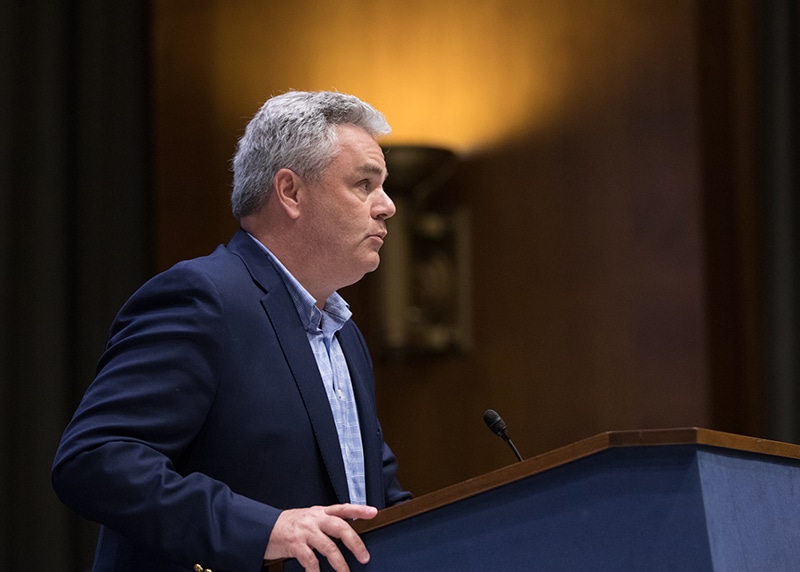Eugene Ross is a former Bear Stearns employee who uncovered and exposed widespread fraud, allowing the U.S. Securities and Exchange Commission (SEC) to recover over $50 million. In 2010, Congress passed the Dodd-Frank Act, which established the SEC Whistleblower Program.The program offers monetary awards to whistleblowers, as well as other whistleblower protections like anonymity. However, on July 9, the SEC issued a final order denying Ross’s whistleblower award claim, providing the reasoning that Ross made his disclosures before 2010.
In 2004, Ross exposed the Amerindo Investment Advisor fraud. As a result of his whistleblowing, Ross lost his job at Bear Stearns and was unable to find comparable work in finance. He faced financial ruin as well as incalculable mental health hardships simply because he did the right thing and blew the whistle on wrongdoing. It was to prevent tragedies such as this one, and to incentivize whistleblowing, that the SEC Whistleblower Program was established. Through the program, qualified whistleblowers are entitled to a monetary award of 10-30% of funds recovered by the government.
The SEC determined that Ross was not a qualified whistleblower because of the date of his disclosure. This is because an SEC whistleblower rule states that for a disclosure to be qualified as “original information” it must have been “[p]rovided to the Commission for the first time after July 21, 2010,” the date of Dodd-Frank’s enactment. This is a SEC rule and not an aspect of Dodd-Frank.
Ross argued against this ruling. He did not dispute that his disclosure was made before 2010; instead, he argued that the rule was invalid because the Dodd-Frank Act has its own “clear and conclusive” definition of “original information.” The SEC disagreed with this argument.
Ross was recently profiled by Institutional Investor, which also covered his award denial.
“The SEC’s interpretations go against the spirit and intentions of Dodd-Frank, protecting investors and the public interest, because they encourage whistleblowers to call a lawyer before reporting any fraud in order to make sure they will qualify for the award,” Ross’s lawyer, David Colapinto, told Institutional Investor. Colapinto, whose firm Kohn, Kohn & Colapinto has represented whistleblowers since the 1980s added: “That’s not balanced. That’s not what whistleblowing should be about. But that’s the message they’re sending to potential whistleblowers: Look out for yourself, not others.
Read:
